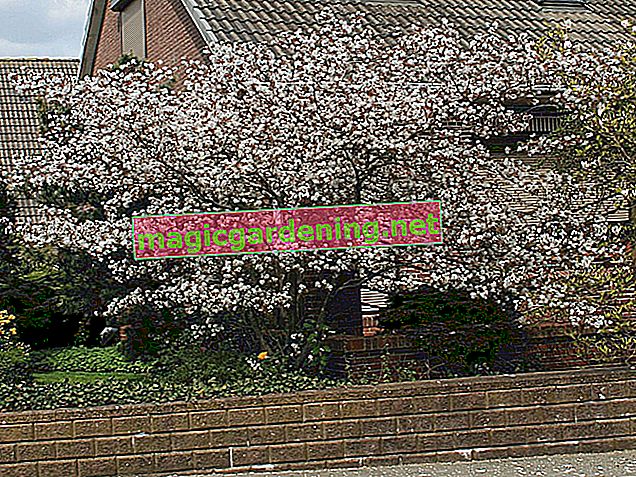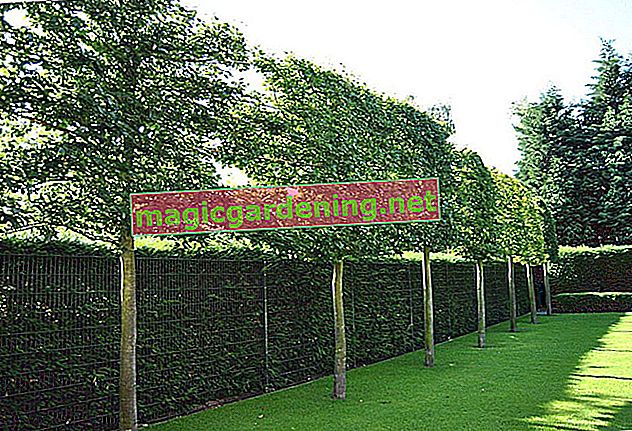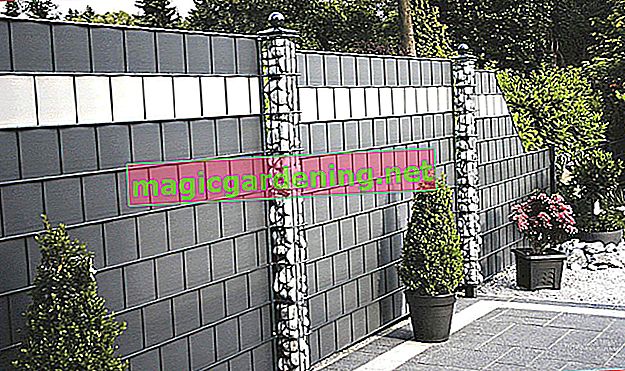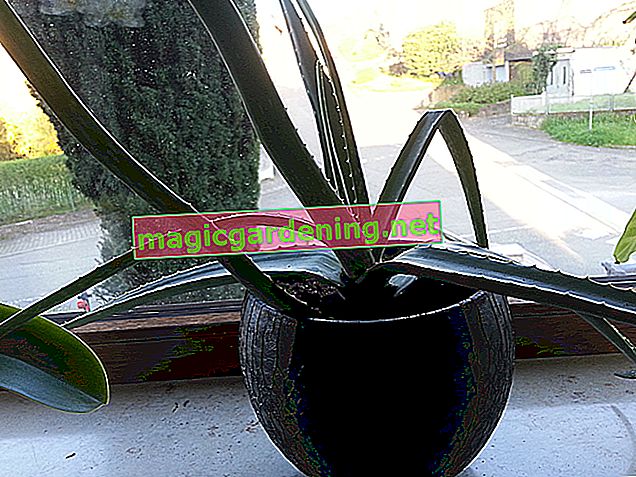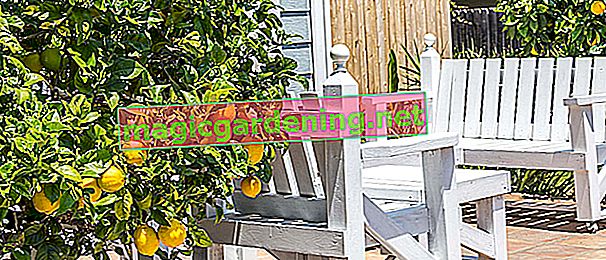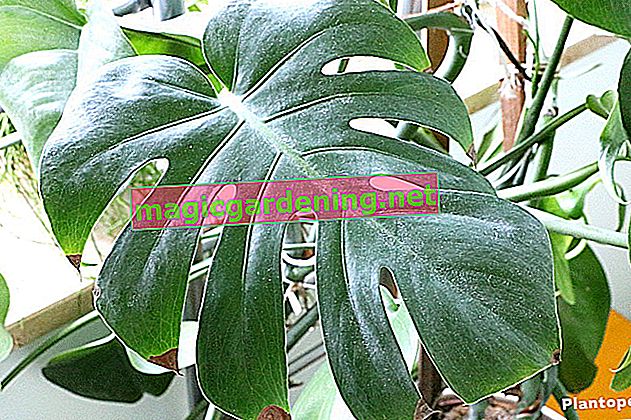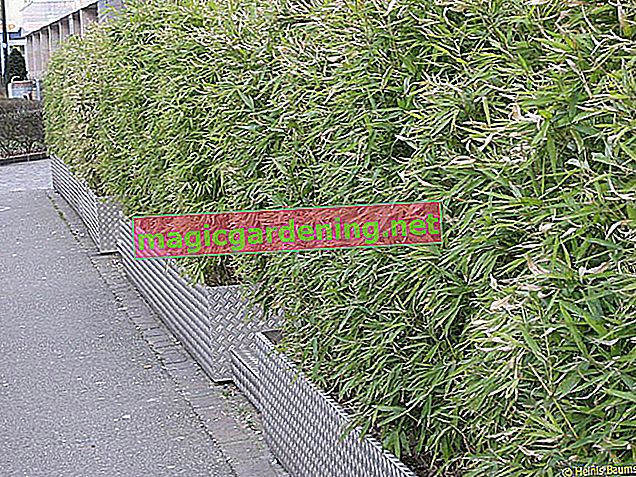
How does calcium cyanamide prevent moss in the lawn?
A common reason for the increased occurrence of moss in the lawn is too acidic soil. It occurs particularly where the location is very humid and shady.
also read
- Iron sulfate against moss in the lawn
- Does blue grain help against moss in the lawn?
- When does iron fertilizer really help against moss? - Tips against moss-covered lawns
Calcium cyanamide removes acid from the soil and ensures better pH values. These not only benefit the health of the soil, but also a stronger growth of the lawn.
Moss and weeds such as clover have little chance on a dense, green lawn that is mowed and fertilized regularly. That is why calcium cyanamide is used to prevent moss infestation. The benefits of calcium cyanamide are:
- ensures healthy soil
- improves pH values
- long-lasting fertilization
- keeps weeds and pests away
- prevents moss infestation
- reduces fungal attack
- promotes grass growth
The right time for application
As a rule, the lawn is fertilized with calcium cyanamide in spring. But it is also possible at other times as long as the ground is not frozen.
On the day of fertilization, the soil should be moist, but not wet. The blades of grass should be dry. Excessive exposure to the sun is not beneficial, as the grasses burn on the surface and a brown lawn is created.
This is how you supply the lawn with calcium cyanamide
First, determine the size of the lawn that will be fertilized. As a rule of thumb, you need 20 grams of lime per square meter.
Do not touch the calcium cyanamide with bare hands and avoid contact with eyes and other bare body parts.
Spread the granules evenly. Use a spreader for large areas. After spreading, the lawn must not be walked on for several days. This is especially true for children and pets, as calcium cyanamide releases toxins in the first few days.
Tips
To produce calcium cyanamide, the lime is first burned into quicklime. Later nitrogen is added to it. Pure quicklime is also used as a fertilizer, but is not suitable for combating moss due to its strong caustic effect.

